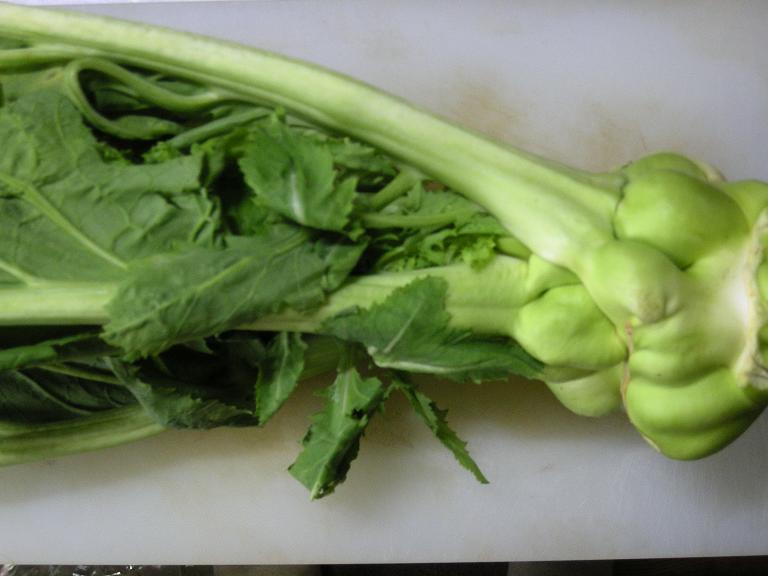|
Zha Cai
''Zha cai'' (; ), also romanized as ''Cha tsai'', is a type of pickled mustard plant stem originating from Chongqing, China. The name may also be written in English as ''cha tsai'', ''tsa tsai'', ''jar choy'', ''jar choi'', ''ja choi'', ''ja choy'', or ''cha tsoi''. In English, it is commonly known as Sichuan vegetable, Szechwan vegetable, or Chinese pickled vegetable, although all of these terms may also refer to any of a number of other Chinese pickles, including the several other types in the Sichuan province itself. Production The pickle is made from the knobby, fist-sized, swollen green stem of ''Brassica juncea'', subspecies ''tsatsai''. The stem is first salted and pressed, and dried before being rubbed with hot red chili paste and allowed to ferment in an earthenware jar. This preservation process is similar to that used to produce Korean kimchi. Flavour The taste is a combination of spicy, sour, and salty. Its unique texture—crunchy, yet tender—can only be vague ... [...More Info...] [...Related Items...] OR: [Wikipedia] [Google] [Baidu] |
Pickling
Pickling is the process of preserving or extending the shelf life of food by either anaerobic fermentation in brine or immersion in vinegar. The pickling procedure typically affects the food's texture and flavor. The resulting food is called a ''pickle'', or, to prevent ambiguity, prefaced with ''pickled''. Foods that are pickled include vegetables, fruits, meats, fish, dairy and eggs. Pickling solutions that are typically highly acidic, with a pH of 4.6 or lower, and high in salt, prevent enzymes from working and micro-organisms from multiplying. Pickling can preserve perishable foods for months. Antimicrobial herbs and spices, such as mustard seed, garlic, cinnamon or cloves, are often added. If the food contains sufficient moisture, a pickling brine may be produced simply by adding dry salt. For example, sauerkraut and Korean kimchi are produced by salting the vegetables to draw out excess water. Natural fermentation at room temperature, by lactic acid bacteria, produces t ... [...More Info...] [...Related Items...] OR: [Wikipedia] [Google] [Baidu] |
